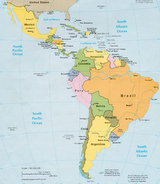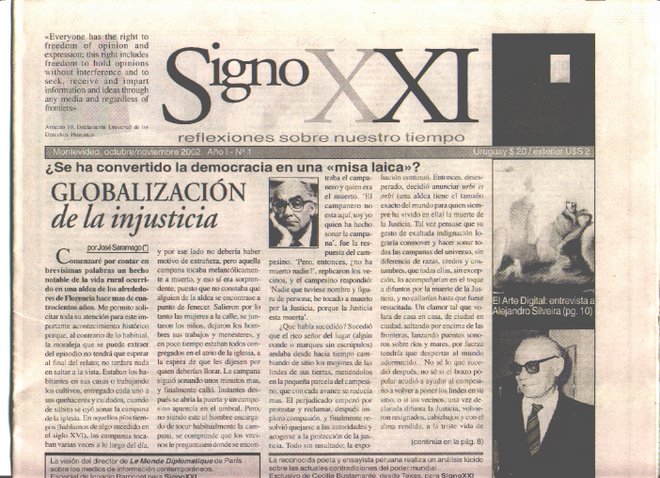Long term decline forecast for U.S. economy
By Patrice Hill Published Today North America , Business Unrated
Fewer workers to keep the economy going
By Patrice HillThe Washington TimesThe U.S. economy is starting to experience slower growth and other challenges as baby boom workers age and move into retirement, economists say.
The pool of native workers available to fuel economic activity and growth is rising more slowly and, within the next decade, will start to shrink as baby boomers in their 50s and 60s retire and are not replaced by young workers entering the labor force.
The more sluggish growth in the labor force since 2000 already has prompted Federal Reserve Chairman Ben S. Bernanke and other economists to warn that the economy cannot grow as fast as in the late 1990s, when 4 percent annual growth and 300,000 new jobs a month was the norm. Average growth in today's economy has dropped to between 2.5 percent and 3 percent annually and about 150,000 new jobs a month, they estimate.
The loss of an important natural source of economic growth — the steady increase in population that has been present in the U.S. from the frontier days to its rise as an industrial power in the 20th century — is a first for the nation and presents some new issues and problems for businesses and the government, said Thomas Stinson, a Minnesota state economist.
"It is not normal for a society to age," he said. He expects the change to be "dramatic" and even "sudden" in the next four years as a sharp increase in retirements starts to impact the economy in Minnesota, where experience mirrors the nationwide trend.
The tide of aging workers and retirees is not just an American phenomenon. It is sweeping the globe and promises to be a challenge even in fast-growing economies like China in a few decades. The primary reasons the population is aging are that people have fewer children and live longer due to better health care.
The populations of Europe and Japan are getting older even more rapidly than the U.S., and those countries face more immediate problems in supporting massive retirements and maintaining economic growth. Japan's growth and population peaked in 1990 and have been mostly stagnant since then.
Harry S. Dent Jr., president of the H.S. Dent Foundation, an investment research group, thinks the U.S. is not far behind, with unsettling consequences for the financial markets.
"A major economic slowdown will occur in North America and Europe from 2010 into 2020-2024 that will be marked by a series of dramatic stock crashes" and declining rates of consumer spending, he predicted.
Although Asia and other developing areas will continue to grow rapidly and buoy the world economy for several more decades, they too will reach a peak within this century due to aging populations, he said, calling it the "greatest demographic and economic shift in modern times."
Immigrants play role
Unlike Europe and Japan, U.S. growth has been aided by a strong flow of immigrants, who currently contribute about half the growth in the labor force. Their influence is expected to increase.
Mr. Dent said one remedy for the aging problem would be to replace the current hodgepodge of legal and illegal migration with an "intelligent" system that focuses on attracting immigrants with high education and skill levels that are needed in the economy. The recently defeated Senate immigration bill took such an approach.
"The new consumers we will need to offset the coming economic contraction are alive today and living beyond our borders. If our nation were to embrace an immigration policy that focused on attracting specific types of legal immigrants, we could likely address our problem without increasing the total number of immigrants coming into our country each year," he said.
But he conceded that the current backlash against illegal aliens makes it unlikely such reforms will be enacted in time to significantly help the economy.
"The current state of world affairs and the political climate it has created make it doubtful that Americans are willing to accept that the solutions to our future domestic problems are dependent on the skills, talents and productivity of foreigners."
Mr. Bernanke noted recently that immigrants on average are younger than native Americans, are more inclined to work and have more children per family, providing an important prop to the economy by counteracting the slower growth and heavy pension burdens caused by an aging native work force.
The Fed chairman has urged Congress to ensure a steady and reliable flow of immigrant workers that the economy needs. But he estimated that immigration will have to increase to about 3.5 million a year from 1 million today to overcome all the problems caused by aging — an unlikely prospect.
Pages: « Back 1 2 Next »
Next: Need for 'intelligent' immigration policy »
-------------------------------------------------
Ir al Sitio principal Escritos críticos / Ensayos
http://www.majfud.50megs.com/
Reflexiones sobre nuestro tiempo
-------------------------------------------------
martes, julio 10, 2007
Suscribirse a:
Comentarios de la entrada (Atom)




No hay comentarios.:
Publicar un comentario